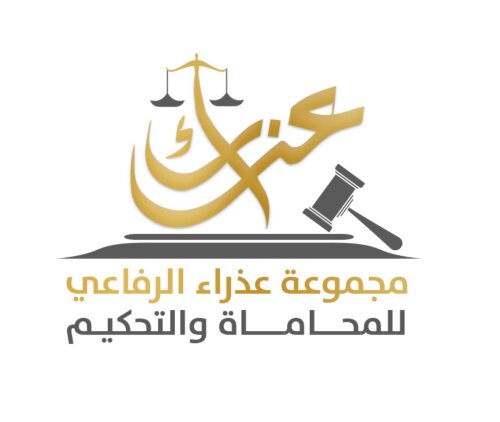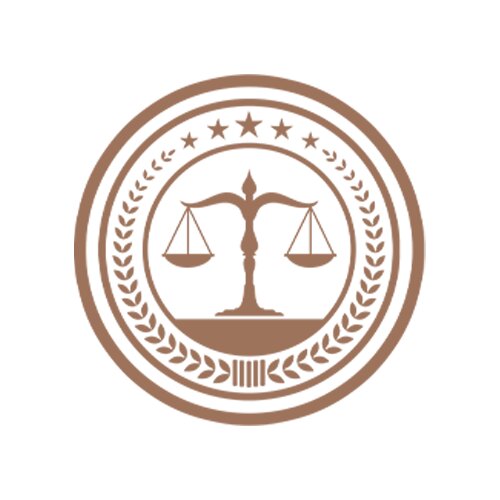Best Adoption Lawyers in Kuwait
Share your needs with us, get contacted by law firms.
Free. Takes 2 min.
Free Guide to Hiring a Family Lawyer
Or refine your search by selecting a city:
List of the best lawyers in Kuwait
About Adoption Law in Kuwait
Adoption in Kuwait is governed by Islamic law, which differs significantly from adoption laws in many Western countries. In Kuwait, adoption is not recognized in the same way as it is in other countries. Instead, a child can be cared for through a legal guardianship, known as kafala. This system provides for the well-being of children without severing their ties to their biological family.
Why You May Need a Lawyer
When navigating the complex legal system of adoption in Kuwait, it is essential to have the guidance of a knowledgeable lawyer. A lawyer can help ensure that all legal requirements are met, facilitate the legal process, and protect your rights throughout the adoption process.
Local Laws Overview
Key aspects of adoption law in Kuwait include:
- Adoption is not recognized, but legal guardianship (kafala) is permitted.
- The adoptive parent must be a Muslim, at least 25 years old, and of sound mind.
- The child must be under the age of puberty at the time of kafala.
- The biological parents must consent to the kafala.
Frequently Asked Questions
Q: Can non-Muslims adopt in Kuwait?
A: No, only Muslims can adopt in Kuwait. Non-Muslims can potentially provide care through a legal guardianship arrangement.
Q: Can a single person adopt in Kuwait?
A: Yes, a single Muslim person who meets the legal requirements can apply for kafala in Kuwait.
Q: Can a child be adopted internationally in Kuwait?
A: International adoption is not permitted in Kuwait, and kafala can only be granted to residents of Kuwait.
Q: Do biological parents have any rights after kafala is granted?
A: The biological parents do not have legal rights over the child after kafala is granted, and the adoptive parent assumes full responsibility for the child's care and upbringing.
Q: How long does the kafala process take in Kuwait?
A: The kafala process can vary in duration, but it typically involves a thorough assessment of the prospective adoptive parent's suitability and can take several months to complete.
Q: Are there any financial requirements for kafala in Kuwait?
A: Prospective adoptive parents may be asked to demonstrate financial stability and the ability to provide for the child's needs as part of the kafala process.
Q: Can a child's name be changed through kafala in Kuwait?
A: The child's name can be changed as part of the kafala process, with the new name reflecting the child's new family ties and identity.
Q: Can the kafala be revoked or canceled in Kuwait?
A: Under certain circumstances, the court may revoke or cancel a kafala arrangement if it is deemed to be in the best interests of the child.
Q: How are inheritance rights handled in kafala in Kuwait?
A: Inheritance rights are not automatically granted to a child under kafala, but the adoptive parent may choose to include the child in their will if they wish to provide for them in the event of their passing.
Q: Are there any restrictions on the nationality of the child in kafala in Kuwait?
A: Kafala in Kuwait is generally limited to children who are residents of Kuwait, but there may be exceptions in certain circumstances.
Additional Resources
For more information on adoption and legal guardianship in Kuwait, you may contact the Ministry of Social Affairs and Labor or consult with a reputable law firm specializing in family law.
Next Steps
If you require legal assistance or guidance on adoption in Kuwait, it is advisable to consult with a qualified lawyer who can provide personalized advice and support throughout the adoption process. They can help ensure that all legal requirements are met and protect your rights as you navigate the complexities of adoption law in Kuwait.
Lawzana helps you find the best lawyers and law firms in Kuwait through a curated and pre-screened list of qualified legal professionals. Our platform offers rankings and detailed profiles of attorneys and law firms, allowing you to compare based on practice areas, including Adoption, experience, and client feedback.
Each profile includes a description of the firm's areas of practice, client reviews, team members and partners, year of establishment, spoken languages, office locations, contact information, social media presence, and any published articles or resources. Most firms on our platform speak English and are experienced in both local and international legal matters.
Get a quote from top-rated law firms in Kuwait — quickly, securely, and without unnecessary hassle.
Disclaimer:
The information provided on this page is for general informational purposes only and does not constitute legal advice. While we strive to ensure the accuracy and relevance of the content, legal information may change over time, and interpretations of the law can vary. You should always consult with a qualified legal professional for advice specific to your situation.
We disclaim all liability for actions taken or not taken based on the content of this page. If you believe any information is incorrect or outdated, please contact us, and we will review and update it where appropriate.
Browse adoption law firms by city in Kuwait
Refine your search by selecting a city.













